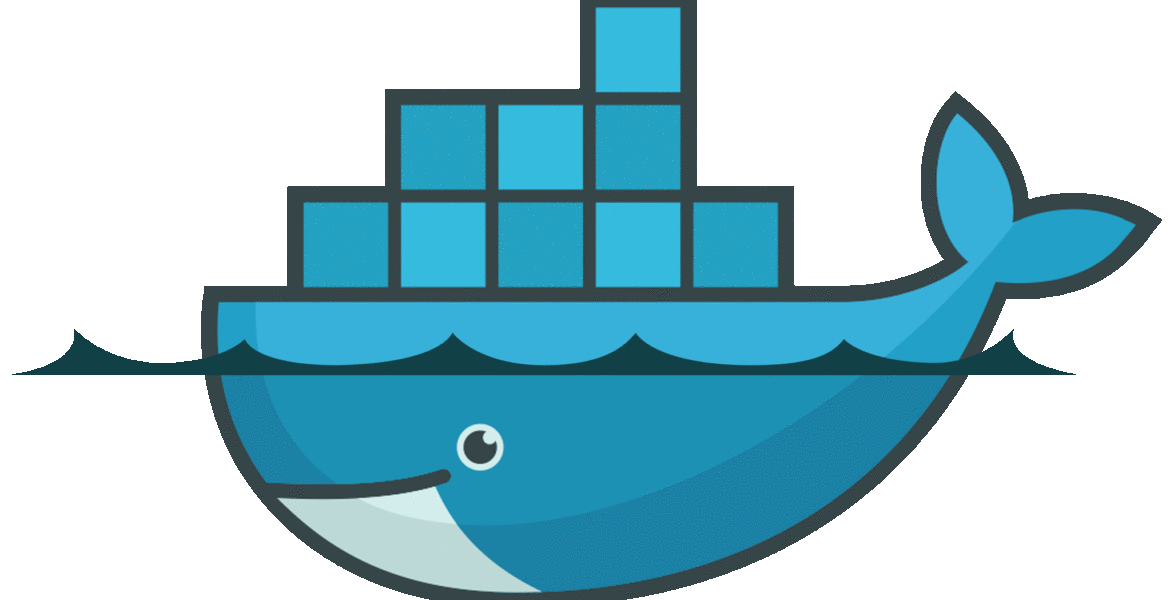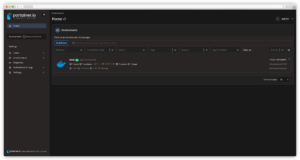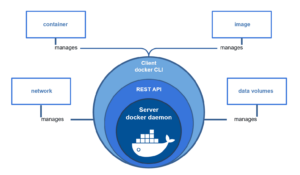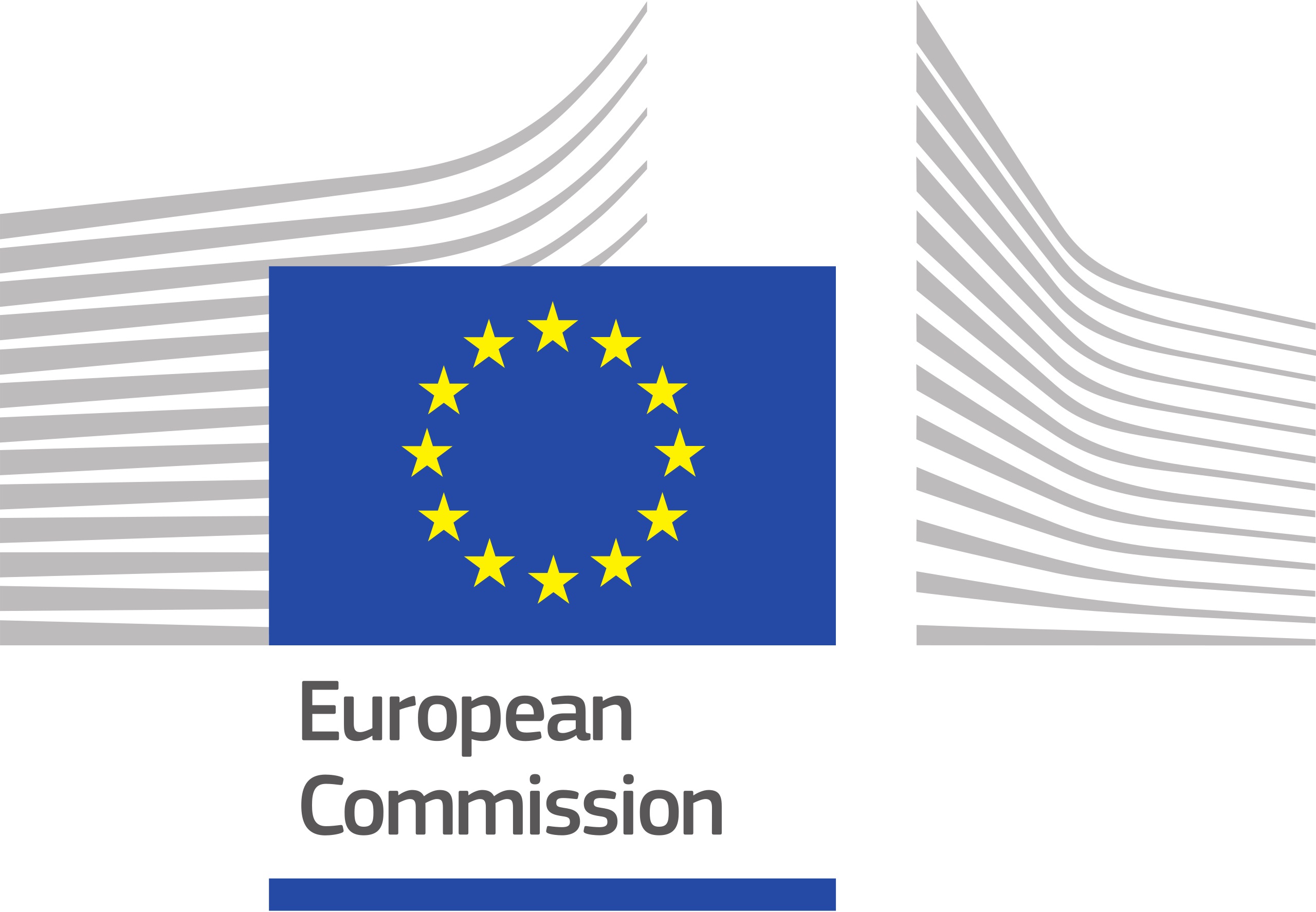
Docker Platform
- Category : Runtime /Container Runtime
Docker Platform
Configure
Accelerate how you build, share, and run applications
Docker has revolutionized the world of application development and deployment.
It simplifies the process, enhances portability, and empowers organizations to embrace modern practices like microservices and DevOps.
Whether you’re a developer, an IT professional, or an organization seeking to streamline your operations and increase efficiency

Key Features
-
Intuitive Management Interface:
-
Docker integrates with Portainer, providing an intuitive management interface for easier container and application management.
-
Free Marketplace:
-
Access a free marketplace with over 500 ready-to-use images, making it easy to find and deploy pre-configured solutions.
-
Microservices:
-
Docker is ideal for microservices architecture, enabling you to break down applications into smaller, manageable components.
-
Efficiency:
-
Containers use resources efficiently, maximizing available hardware and reducing infrastructure costs.
-
DevOps Integration:
-
Docker aligns perfectly with DevOps practices, enabling faster development and deployment cycles.
-
Scalability:
-
Easily scale applications up or down by adding or removing containers, adapting to changing workloads.
-
Security:
-
Docker containers offer isolation and security, keeping applications and data protected.
Docker uses a container-based architecture to isolate applications and their dependencies, ensuring portability and efficiency.
Docker Engine:
the core of the system that manages container execution with effective isolation. It includes a daemon, a REST API, and a CLI for user interaction.
Docker Images:
immutable templates containing the application and its dependencies, enabling consistent deployments. They can be stored and shared via Docker Hub or a private registry.
Containers:
instances of images, isolated and lightweight, allowing applications to run independently across various environments.
Persistent Storage:
Docker uses volumes, bind mounts, and tmpfs to manage data persistently beyond the lifecycle of containers. Docker volumes are specially designed to be independent of containers, enabling optimal storage management, even in distributed setups.
Docker Network:
a multi-layered network architecture that allows containers to communicate with each other and with the outside world. Docker offers several network types (bridge, overlay, host) to manage communication between containers and hosts, which is essential in multi-container or multi-host environments. Overlay networks allow communication between containers on different hosts, critical for clustering and high availability.
With these elements, Docker provides a flexible and modular solution for deploying applications in a highly portable and isolated container environment while ensuring data persistence and robust network connectivity.
Docker offers a world of possibilities for the future of application management !

